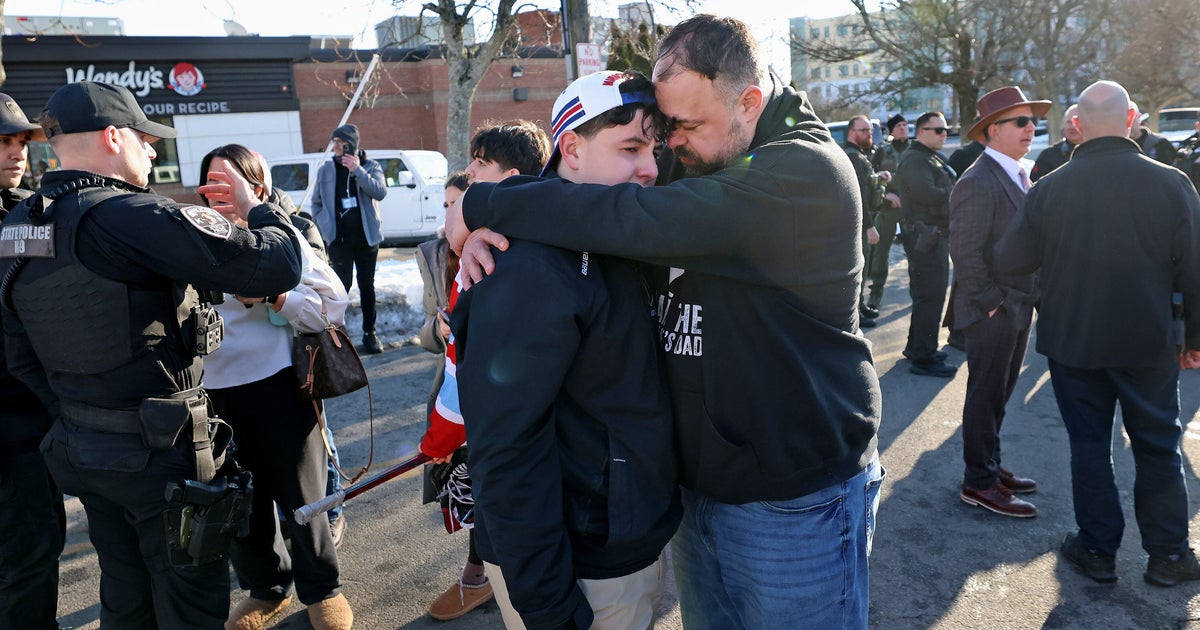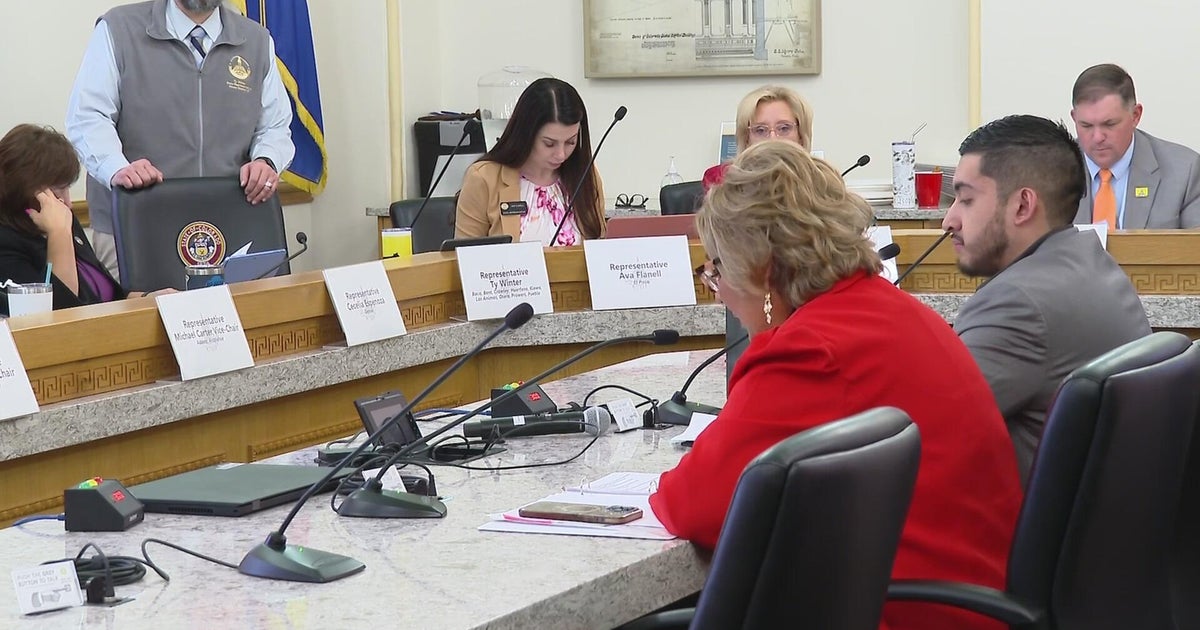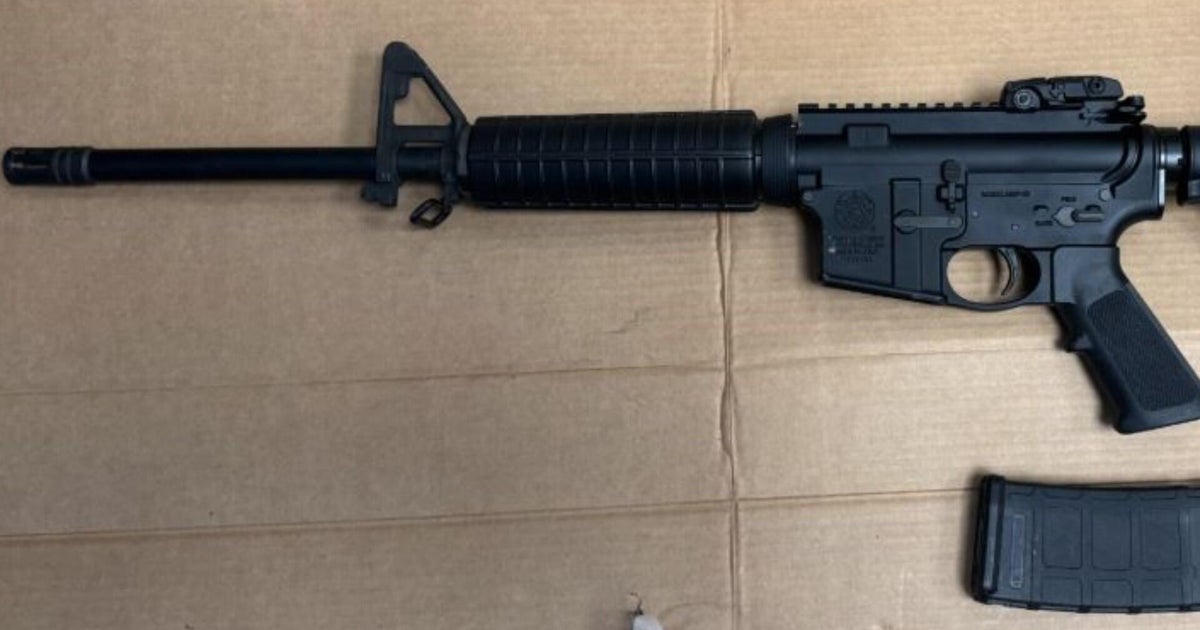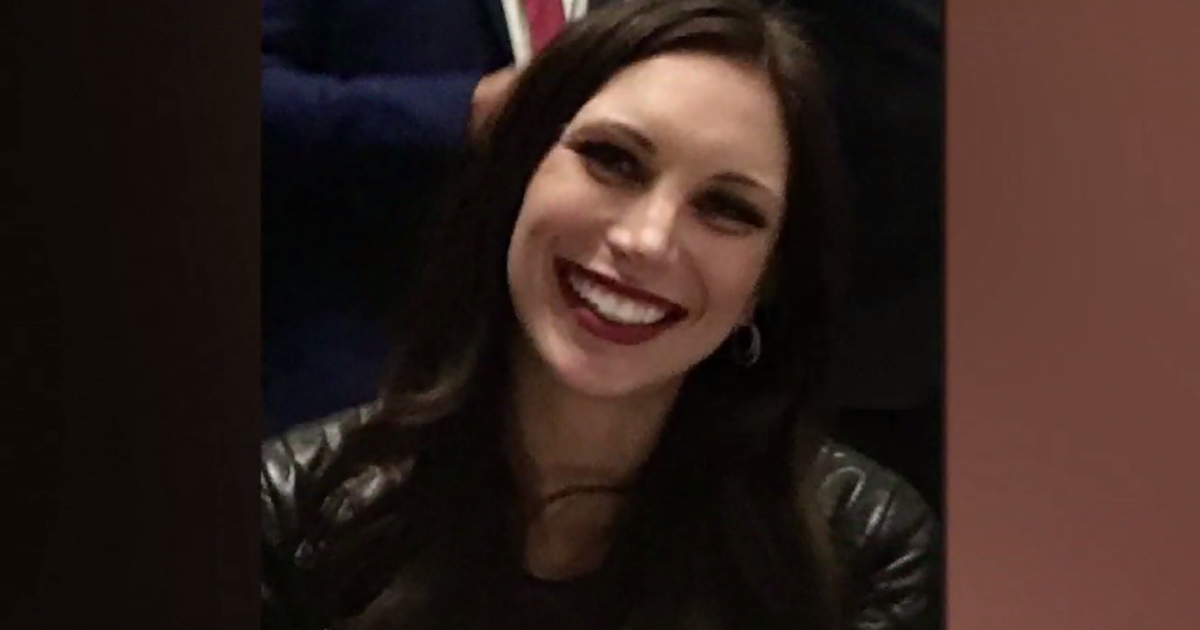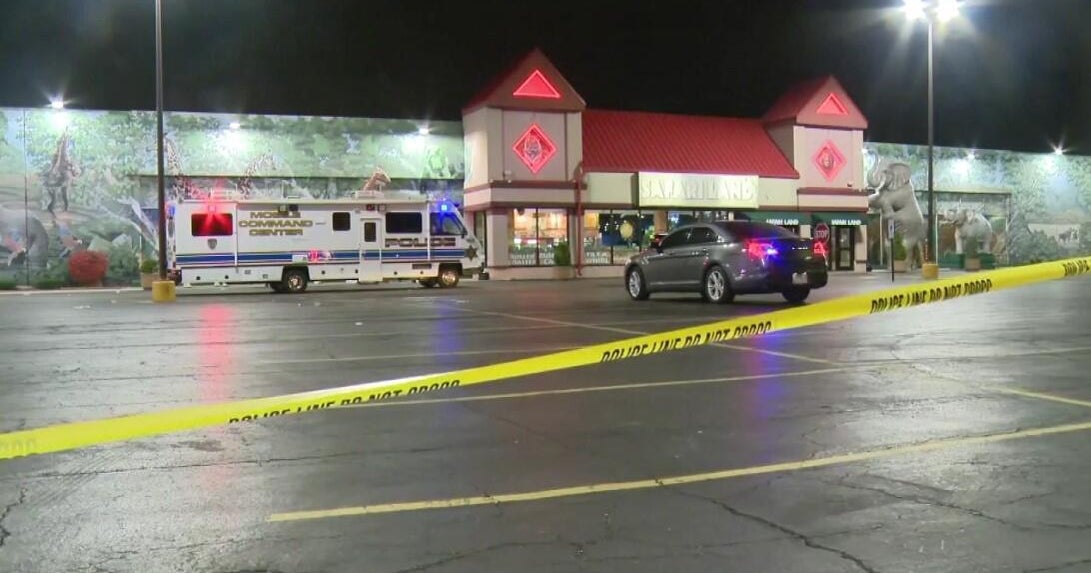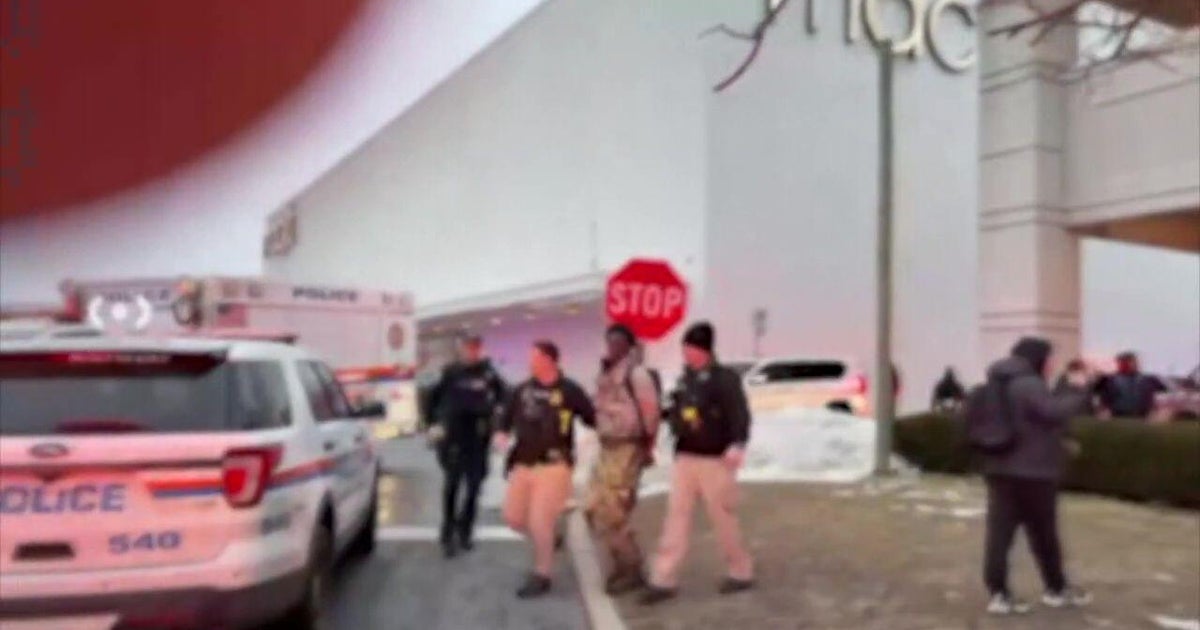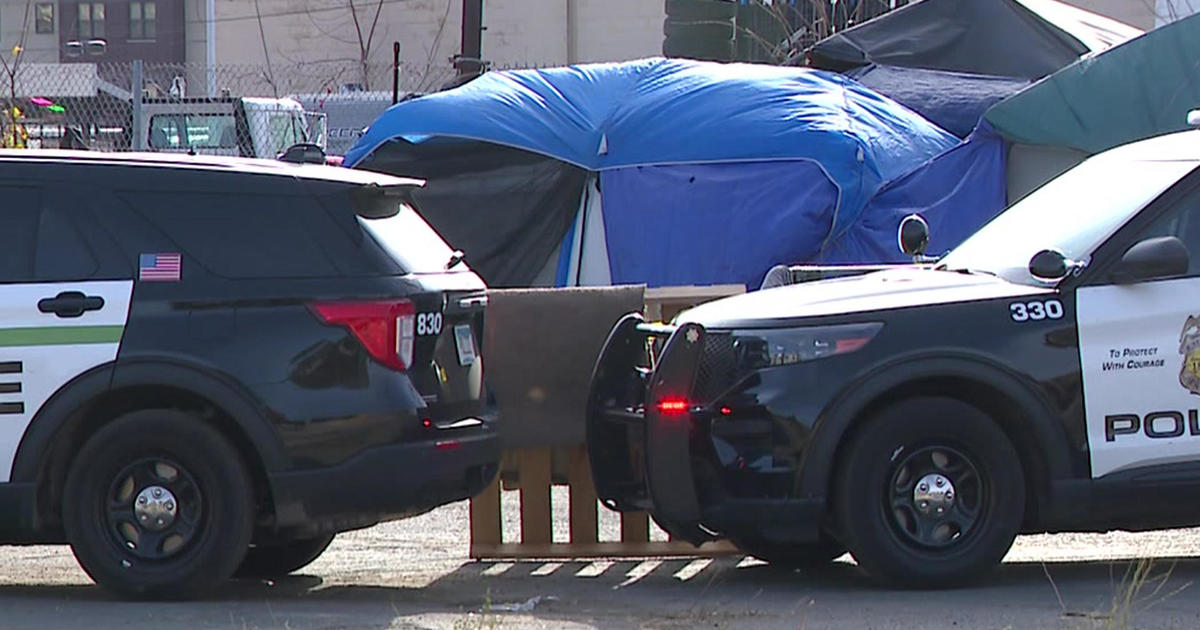With Gun Violence At Crisis Level In Chicago, Victims Hope Crackdown On Straw Purchases And Gun Trafficking Has An Impact
CHICAGO (CBS) -- We're digging for answers into the gun violence crisis in Chicago.
Police blame some of the violence on illegal guns brought in from other states, and they're starting to crack down on it. As CBS 2's Charlie De Mar reported Monday night, victims of gun violence say it's about time.
There have been 2,319 shootings in Chicago so far this year. One of the victims was Michelle Chambers' 28-year-old son.
"I am so tired of this. I really am. I am," Chambers said. "The killing needs to stop."
Five guns found at the scene of that crime were traced back to an Army base in Kentucky. Prosecutors said three Fort Campbell soldiers bought the guns legally, but were charged with selling them illegally in Chicago.
This is called straw purchasing – an illegal practice in which the purchaser is actually buying the gun on behalf of someone else. Straw purchases fuel violence across the country.
In the last month, nine people were charged in an illegal gun pipeline that stretched from New York to Atlanta. In Minneapolis, investigators said three people bought 47 guns in an elaborate straw purchasing scheme, and in California, a licensed gun store owner was arrested for using the names of police officers to sell guns off the books.
Last month, prosecutors said a gun from a straw purchase in Hammond, Indiana was used to kill 29-year-old Ella French – the first female Chicago Police officer murdered in the line of duty in more than three decades.
John Lausch is the U.S. Attorney for the Northern District of Illinois.
"It's a legal product - a firearm," Lausch said. "It's when they end up illegally in someone else's hands, that's where we come in as law enforcement."
Earlier this summer, Attorney General Merrick Garland announced the Justice Department was creating strike forces in five cities – including Chicago – to target gun trafficking.
Kristen De Tineo runs the Chicago office of the Bureau of Alcohol, Tobacco, Firearms and Explosives.
"It is a major cornerstone of our trafficking strategy to identify those straw purchasers," De Tineo said.
Crime data analyst Jeff Asher studies why gun crime is spiking, and where the weapons are coming from. But he said it's hard to get a clear picture, because of a federal law that prevents gun trace data from being released to the public.
"You're relying on anecdote rather than on actual data, and I think that that makes it very difficult to solve it," Asher said.
Lausch said, in the end, it is the people who pull the trigger who are the most responsible.
"Our offenders, they're completely emboldened," Lausch said. "They're not afraid of getting caught. They're not afraid of the consequences once they get caught."
Crackdowns on gun crimes are hardly new – they date back at least to the Reagan administration. But with the body count soaring, the hope here is this time, there will be a real impact.
